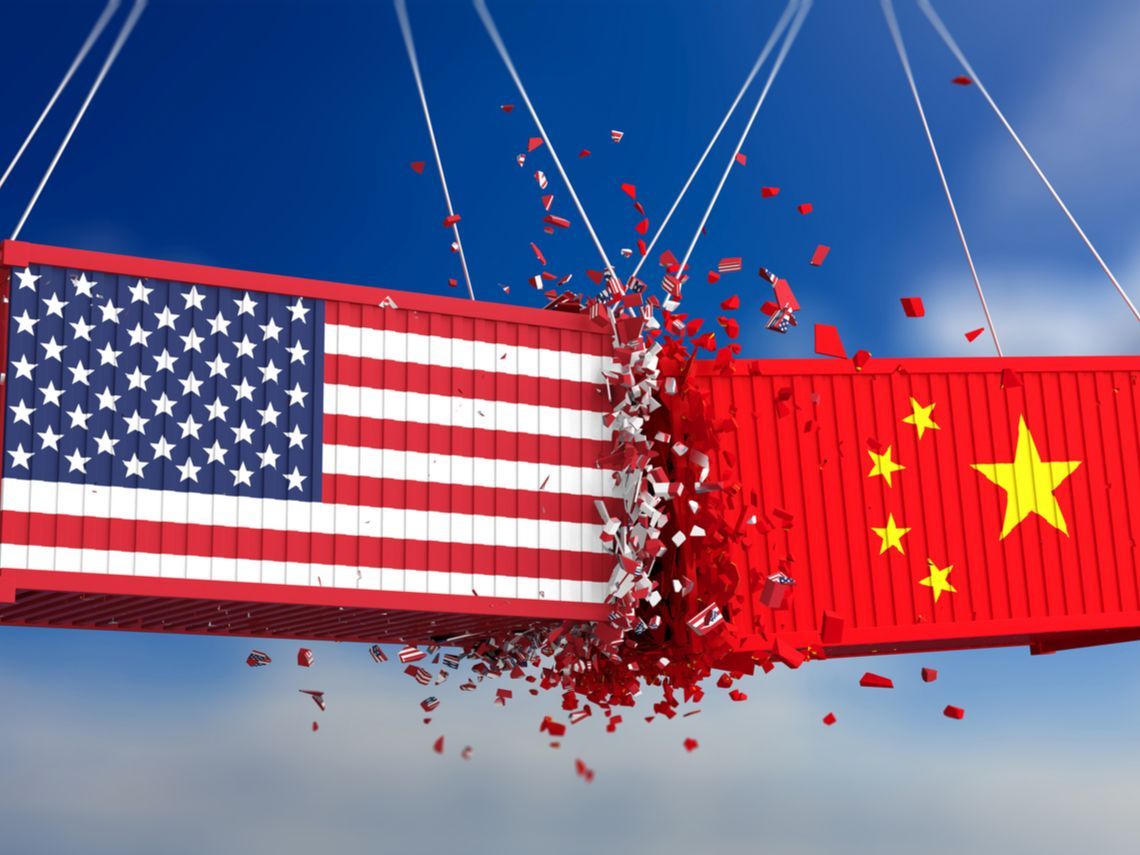
As things refer right now, Macau is about to set to create new concessions for its casinos next year. The licenses that are already running will not be renewed, as stated in the city’s gaming law. However, there is still a chance that all the existing operators would have to risk of losing their licenses. However, by the nature and way of the things, concerns are assuming that China can try to exert more dominance over Macau and its gaming sector. Such action can make all the U.S. gaming operators currently running their business in the country become unwilling pawns. The U.S. operators fear that they may have to take hit for the ongoing financial fight of the U.S. and China.
Could be a Strong Strategy of China
Priscilla Roberts, Associate Professor of the City University of Macau, believes that the new concession would be used by China to impose more pressure on the U.S. Casino Operators like Wynn Resorts and Las Vegas Sands, which have an established position in the Macau city. Thus, the country will be able to put millions of dollars of those operators at stake.
During a France Macau Chamber of Commerce hosted event, Priscilla said that in the ongoing commercial war between the U.S. and China, the concession could be China’s one ultimate weapon to gets way through.
She also highlighted in her statement about the possibility of the relationship between these two countries with the advent of the new U.S. president. She believed that condition would never be the same for the U.S. casinos in Macau even after the expiry of the concession.
The U.S. foreign policy experts also added that there might be some extra pressure on the casinos to follow the guidance of China and behave more by its rules. Such extra pressure can only be the initiation of the localization process of those casinos and a part of the plan of China. Priscilla also assumes that China may try to put an impact on Macau to kick out all the U.S. gaming operators if the U.S. denies complying to its demands and ways.
